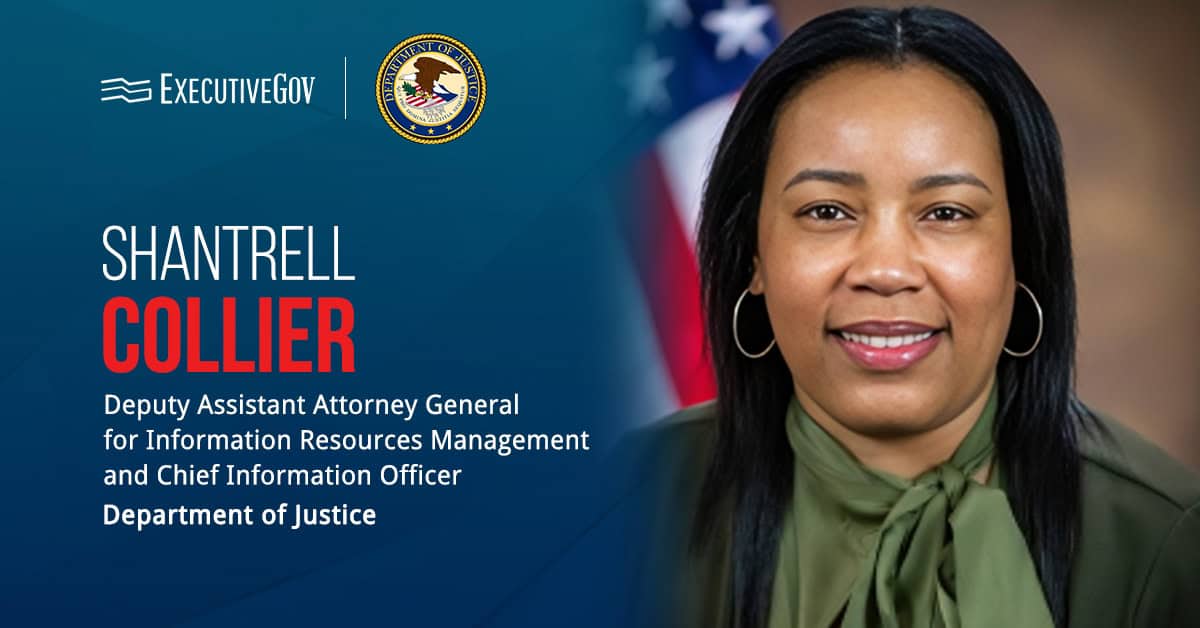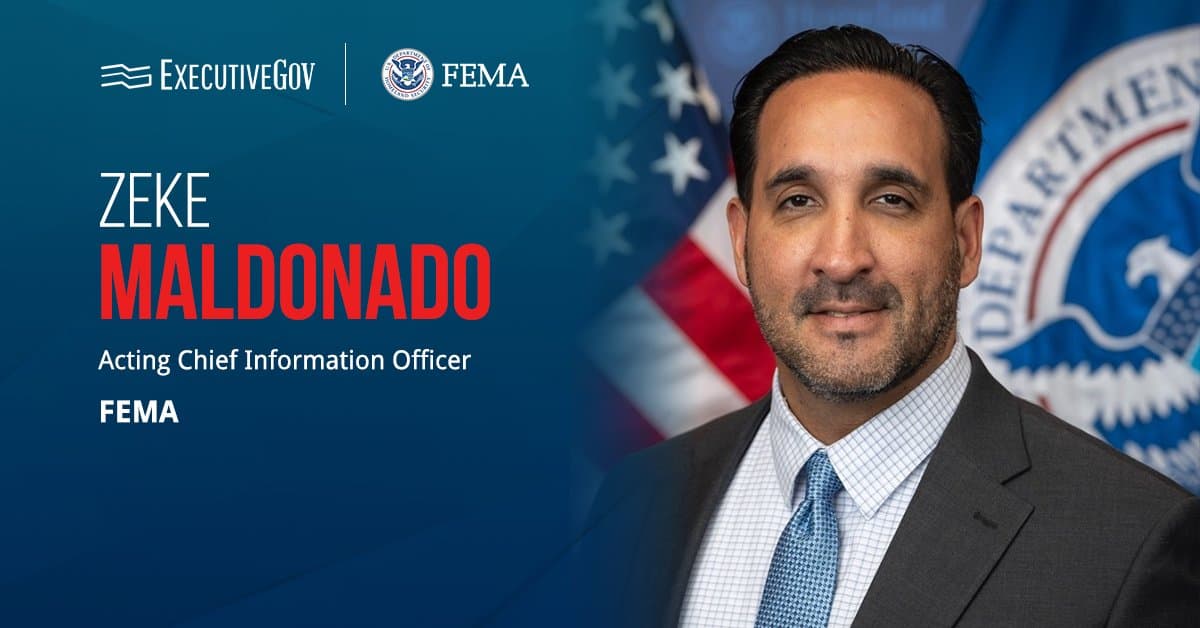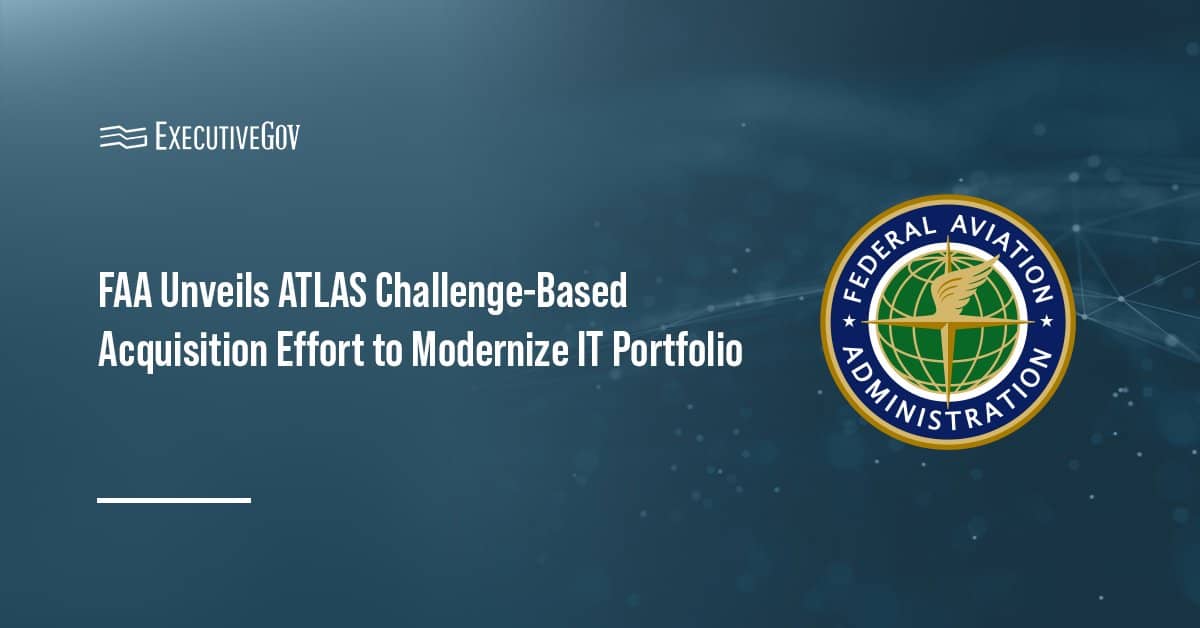 The U.S. Navy will establish an Information Warfighting Development Center in a push to help equip and train the service branch’s warfighters in the information warfare domain, C4ISR and Networks reported Friday.
The U.S. Navy will establish an Information Warfighting Development Center in a push to help equip and train the service branch’s warfighters in the information warfare domain, C4ISR and Networks reported Friday.Mark Pomerleau writes Rear Adm. Matthew Kohler, commander of the Navy Information Forces Command, said the IWDC will integrate assured command and control, battlespace awareness and integrated fires as well as train warfighters on advanced warfighting tactics, techniques and procedures.
The IWDC will also help the military service develop, publish, revise, standardize and validate warfighting TTPs and identify subject matter experts within the given areas, according to the report.
The Navy expects IWDC to reach initial operation capability early next month and achieve full operational capability in the spring of 2019.





